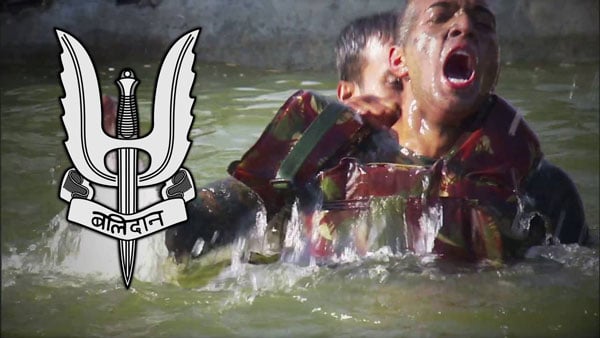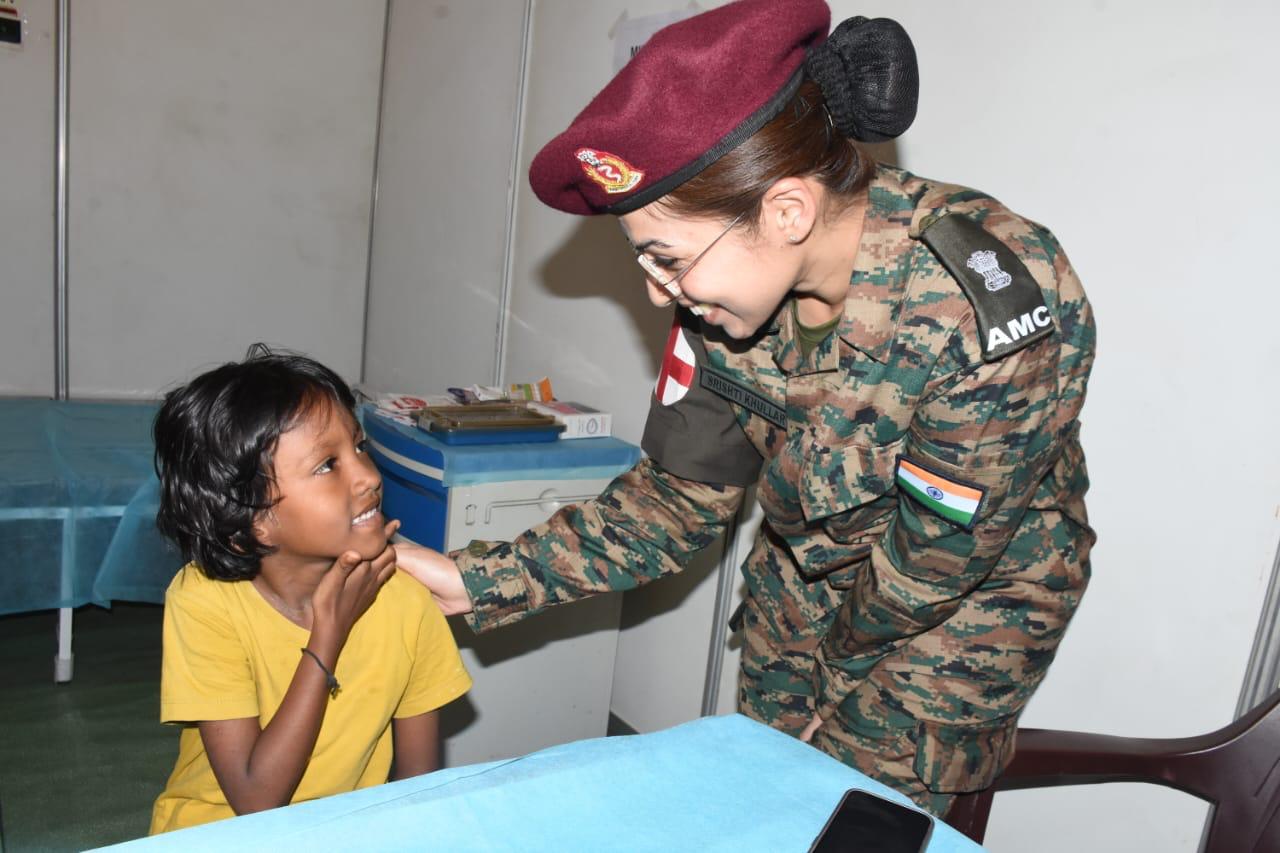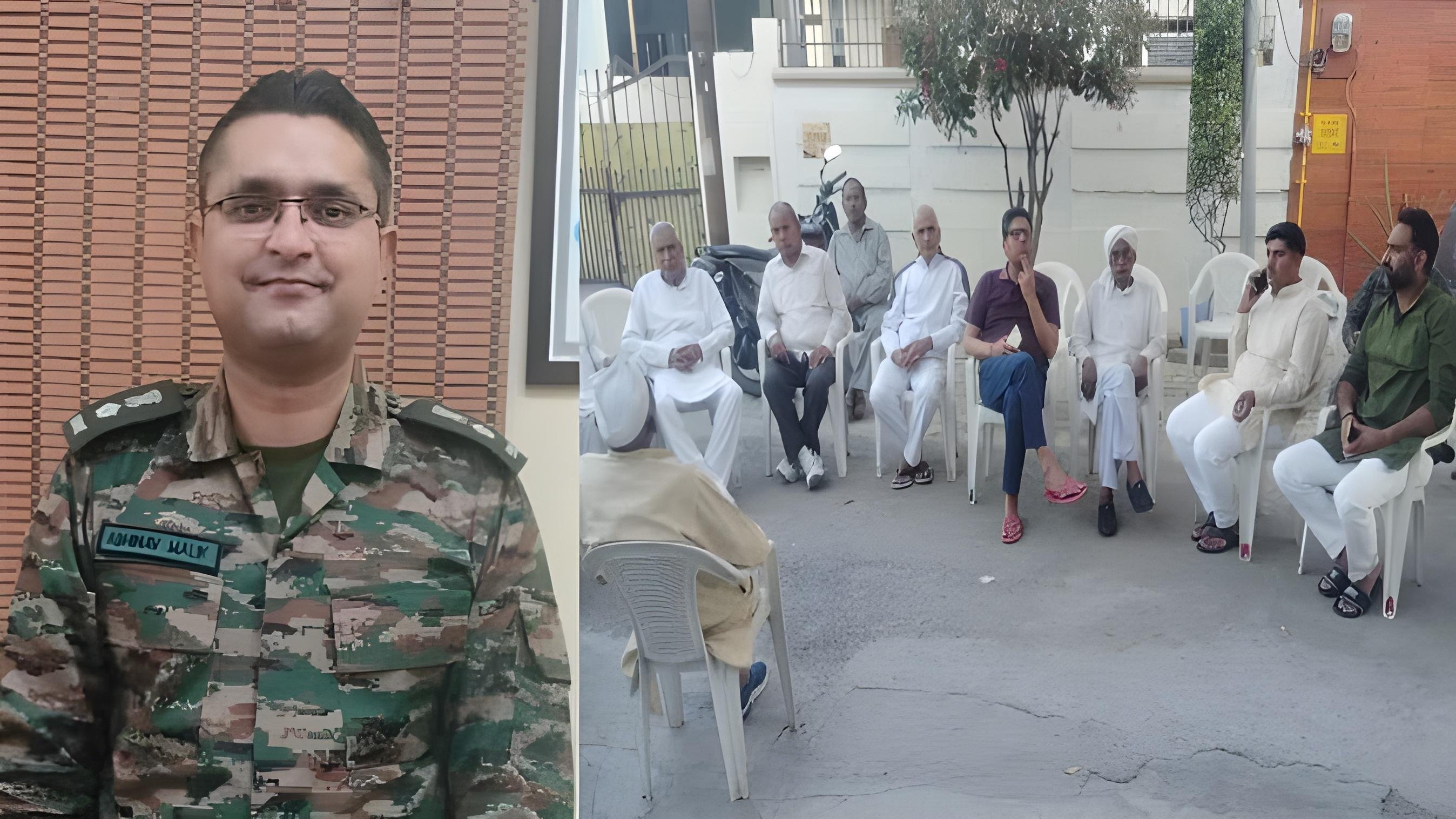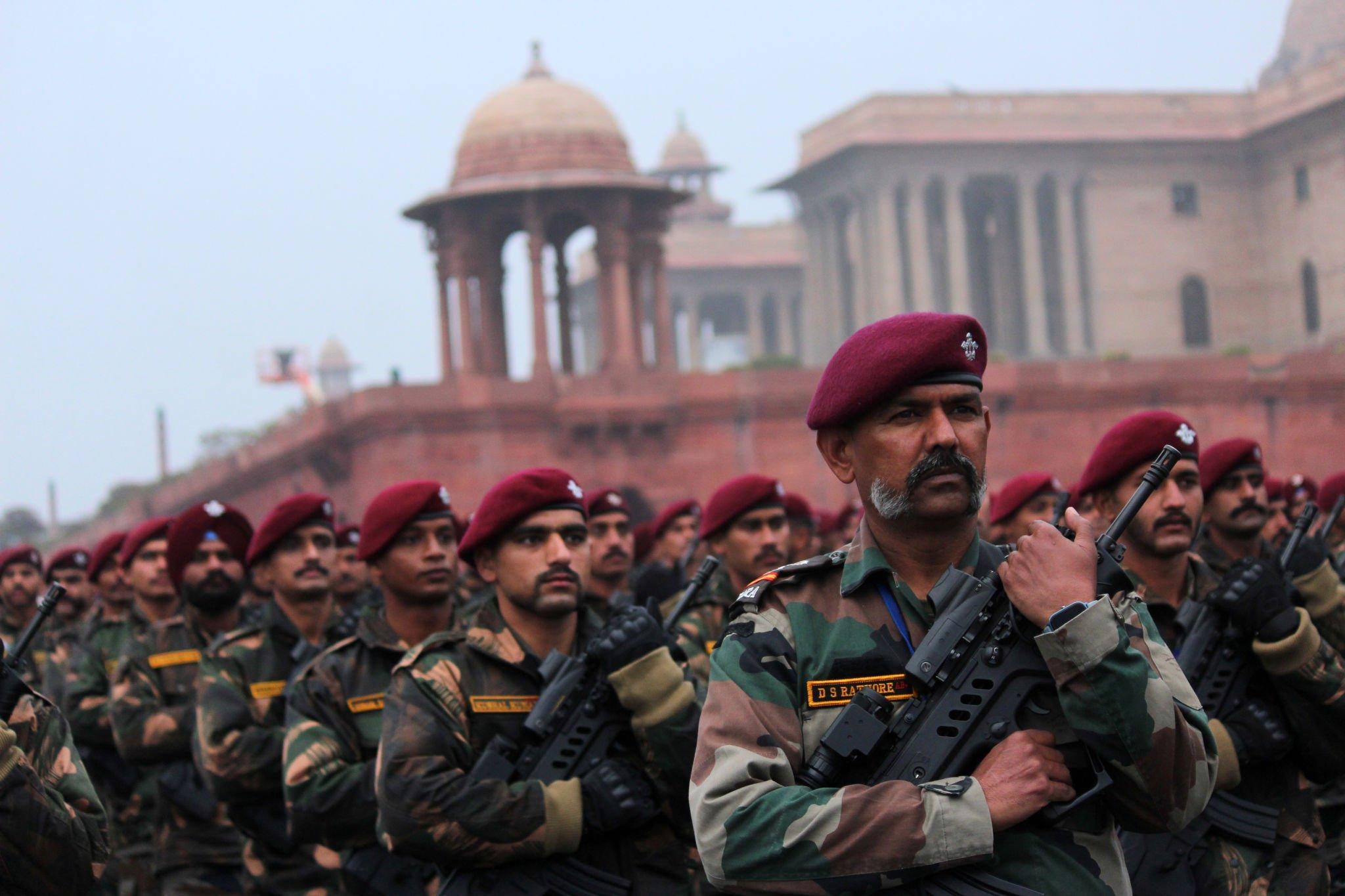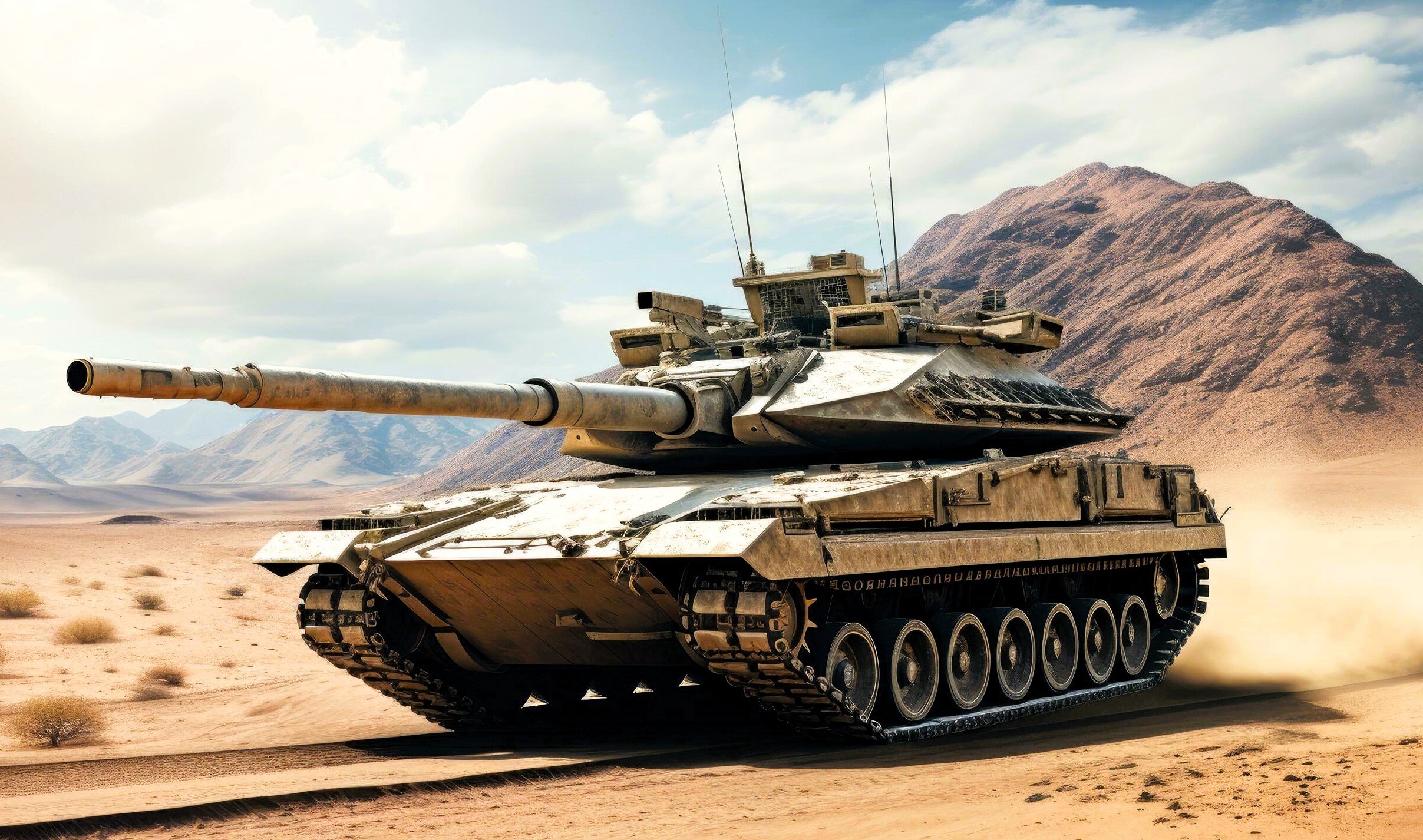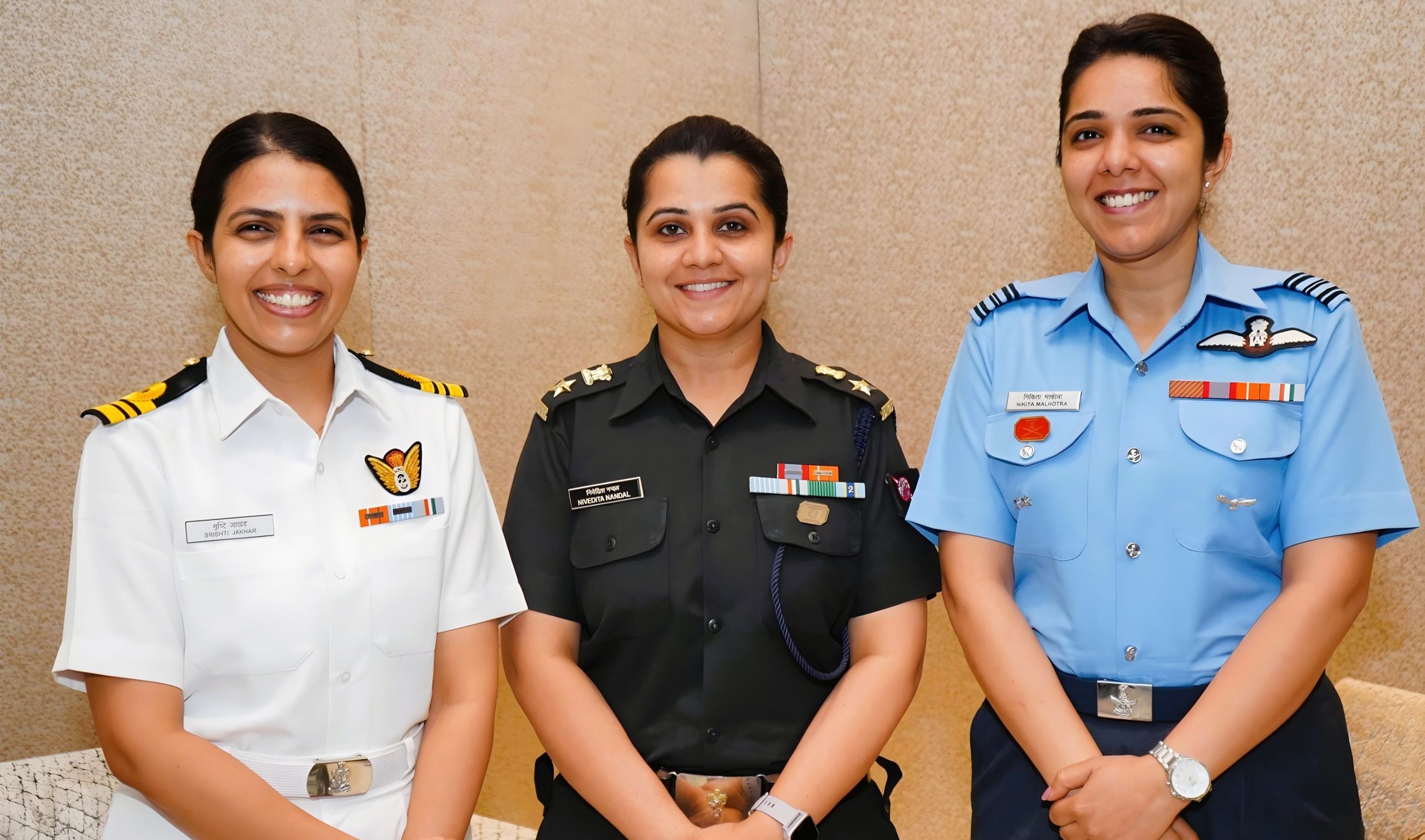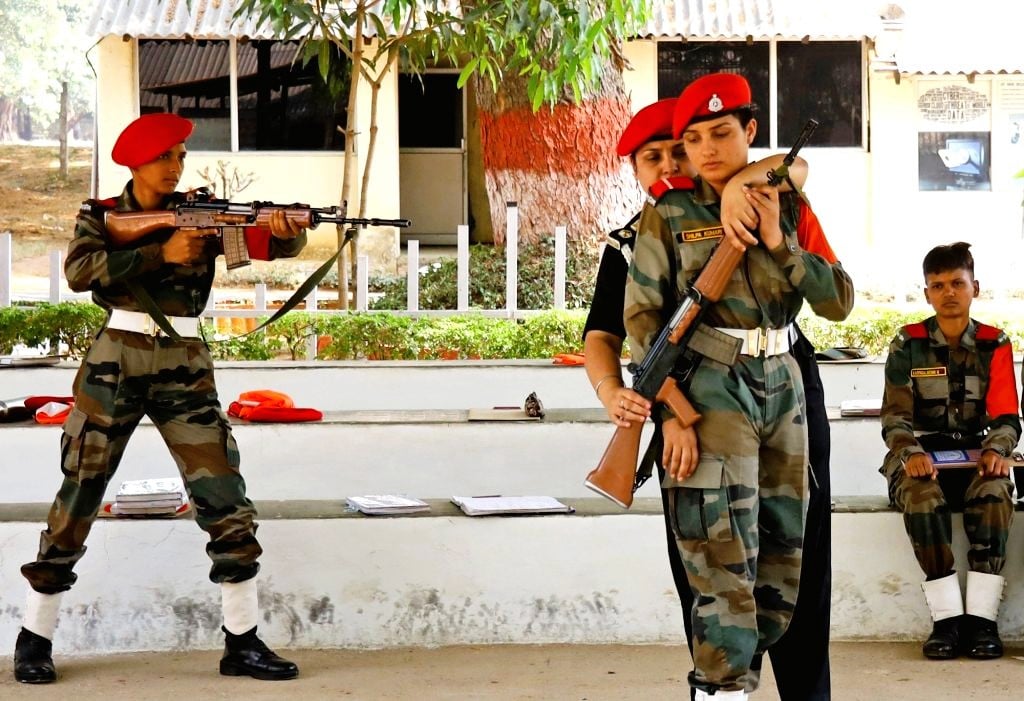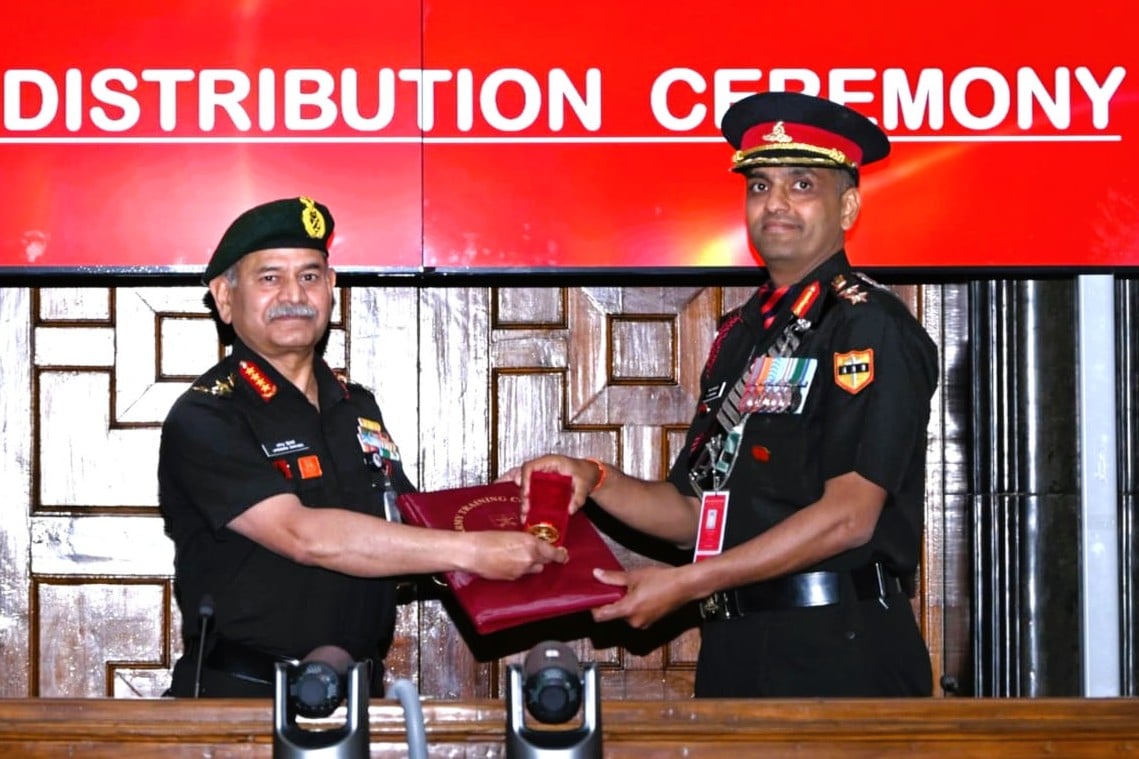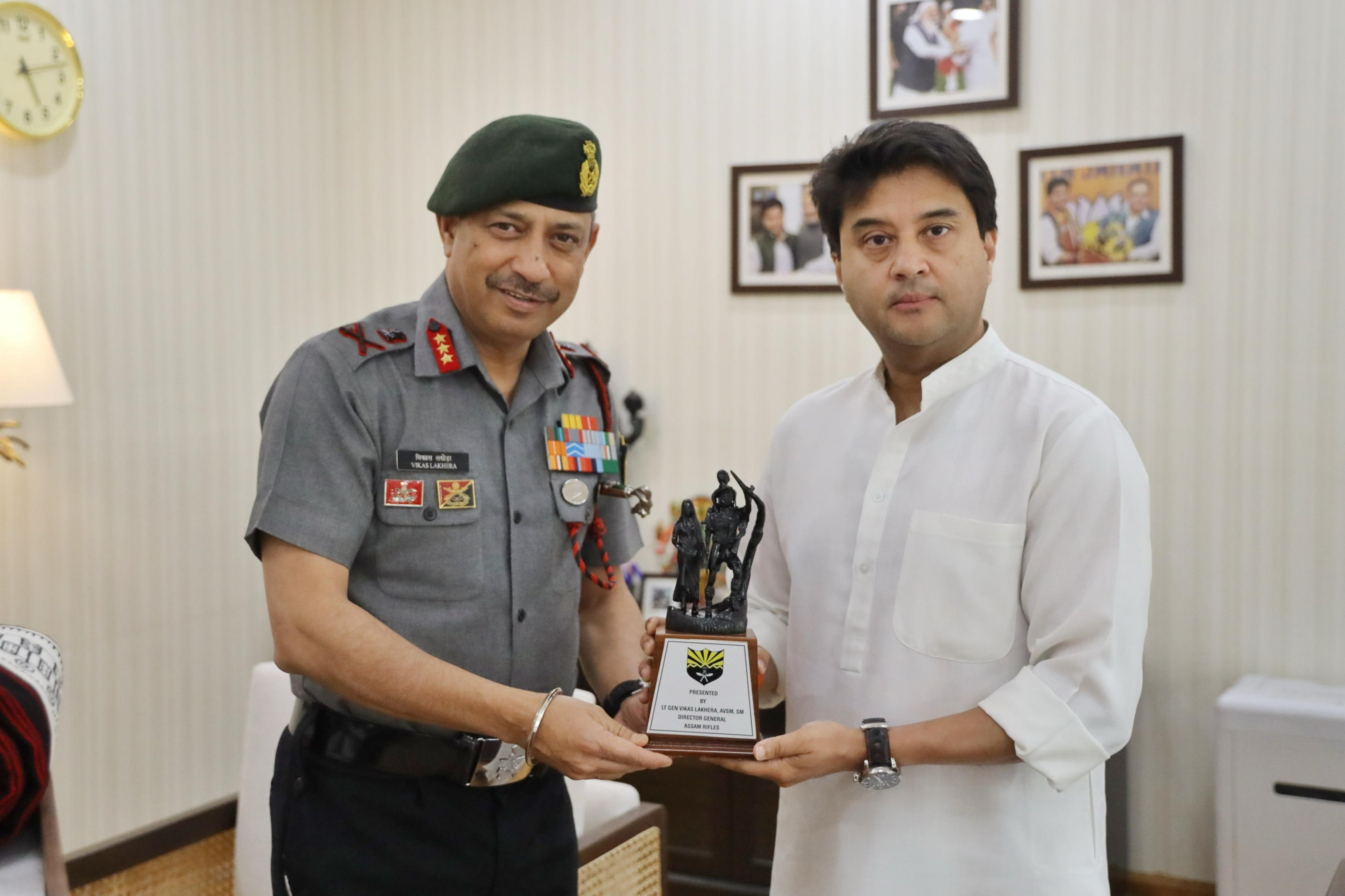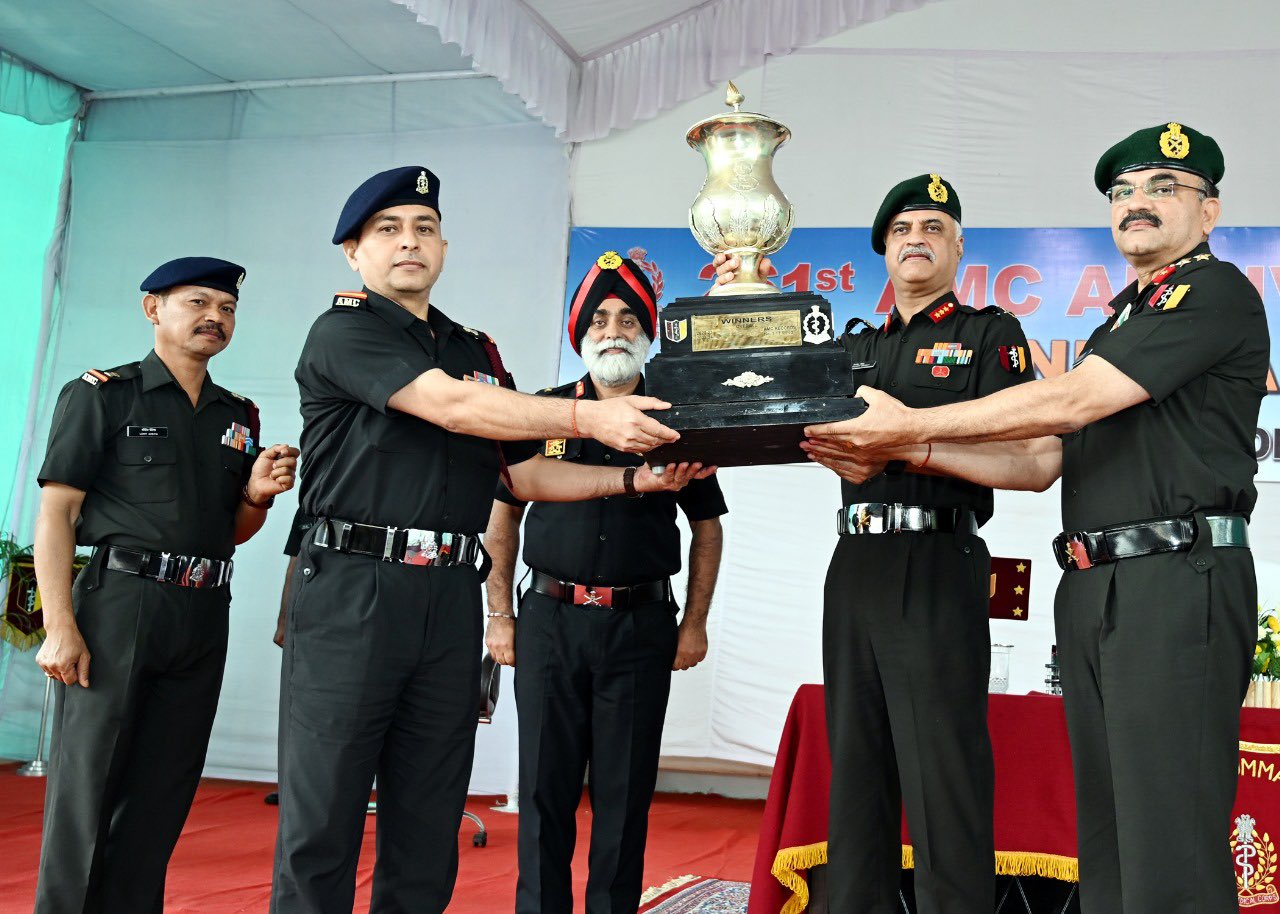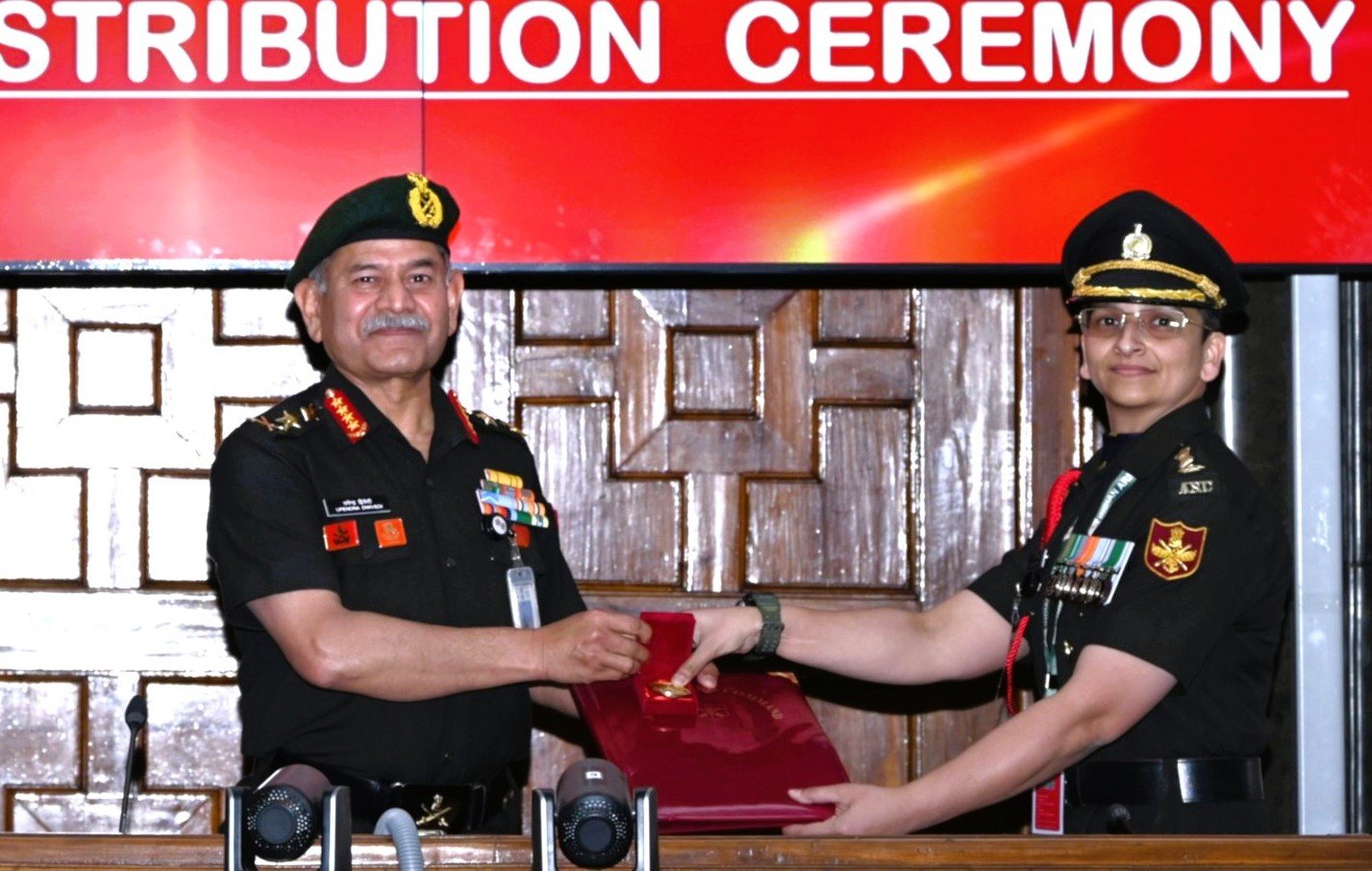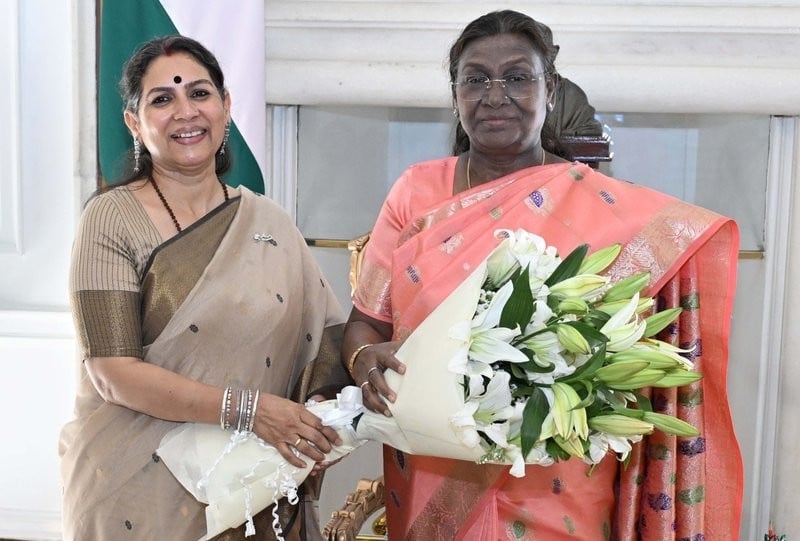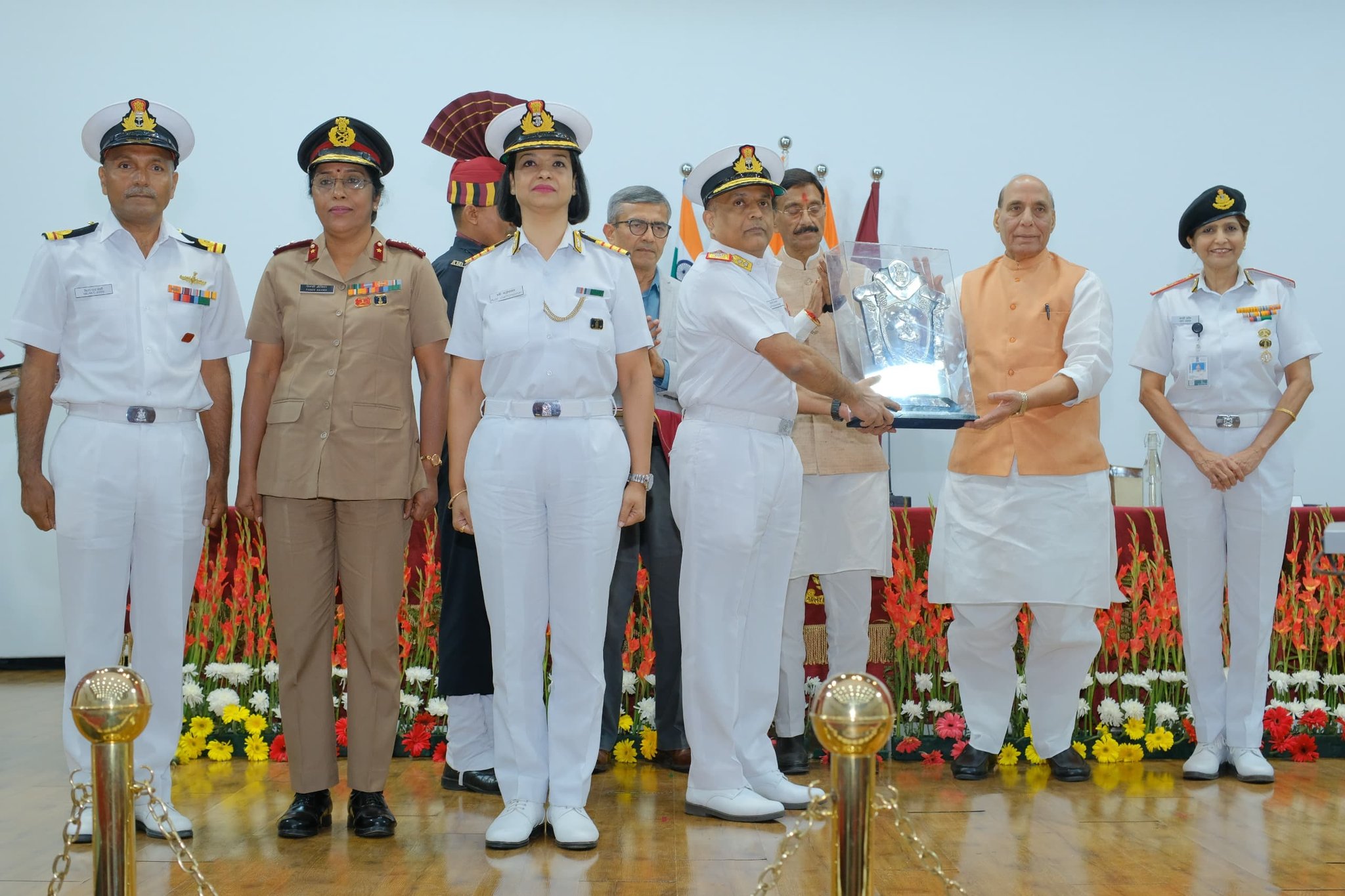The Indian commando who dispatched 48 Pakistanis single handedly at the Kargil war,1999. MVC Digendra Kumar commanded the Light Machine Gun Group during his company’s assault on Tololing feature in Dras Sector. The objective was to capture the enemy post located in a high altitude terrain at over 15000 feet. Major Vivek Gupta, of the Rajputana Rifles – 2nd Battalion, and his company were given the task of recapturing Point 4590.
On 13 June 1999, on nearing its objective, the Assault Group came under enemy fire leading to casualties in the Assault Group. Naik Digendra Kumar was hit by a bullet in his left arm. Naik Digendra Kumar kept firing on the enemy with his Light Machine Gun. His fire facilitated his men’s advancement. Finally his troops physically assaulted the enemy position and cleared it after a hand to hand fight.
This victory was very important. It meant that the Pakistanis could be beaten. Retaking Tololing was perhaps the turning point of the war.
The role of Digendra in the Kargil conflict was crucial. In the Kargil war the most important task was to recapture the top of Tololing. This task was entrusted to the Rajputana Rifles – 2nd Battalion. General Malik called a meeting of the Rajputana Rifles at Gumri to make plans to free the Tololing hill. Digendra introduced himself as Digendra Kumar, known as cobra, soldier of the 2 Rajputana Rifles and a commando of the Indian Army. He chalked out a plan through which victory was certain.
Digendra indicated that he needed 100 meters of Russian rope that should weigh 6 kg with bearing capacity of 10 tonnes along with Russian nails which could be easily put in the rocks. He also demanded injections of high power that could remove fatigue and provide courage. With this material they would climb the hill during the night and put the rope up to hill top with the help of nails. The path was formidable and inaccessible but he had examined and tested the area well with field binoculars.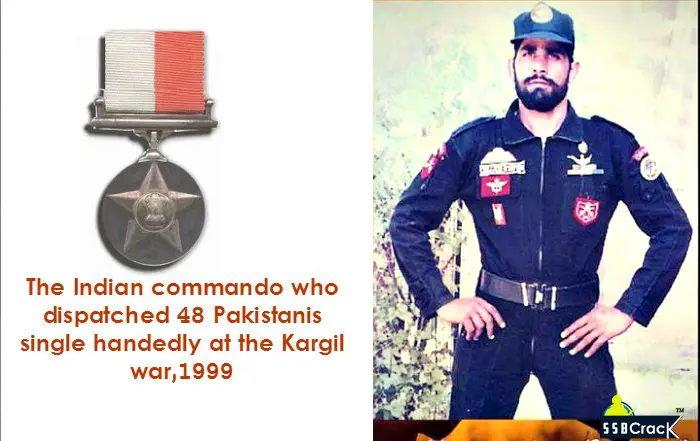
The day before the execution of the plan, at about 11 a.m., General Malik, encouraging Digendra, said, “Son! Accept congratulations of V. P. Malik 48 hours in advance of our success. Son! If we win the Kargil, Malik himself will bring breakfast for you tomorrow morning. ” The plan was executed on the evening of 10 June 1999. There was deadly silence in the hills except for the blasts. There was snow all around. Slowly and slowly with cautious steps Digendra and his companions moved ahead with military goods. They put nails in the rocks and tied the rope. When they got tired halfway up they took the injections. When Digendra’s hands stopped working, he gripped the rope with his teeth. There was a 5000 feet deep chasm below. After 14 hours they reached the top of Tololing. After all, the entire journey was with a rope. They reached back the battalion with the hanging rope.
The commando team included Major Vivek Gupta, Subedar Bhanwar Lal Bhakar, Subedar Surendra Singh Rathor, Lance Naik Jasvir Singh, Naik Surendra, Naik Chaman Singh Tewatia, Lans Naik Bachchan Singh, CMH Jashvir Singh, Havaldar Sultan Singh Narwar and Digendra Kumar. The Pakistani army had made 11 bunkers on the Tololing hill top. Digendra was to target the first and the last (11th) bunkers. The rest were to target the remaining 9 bunkers. They ascended the hill with ammunition.
The wind blew very cold at Kargil. The darkness was dense and the paths very inaccessible. There were frequent, sudden blasts. All that could be seen was blackness. They started climbing hill along the rope fixed to nails in the rock. Crawling Digendra unknowingly reached a machine gun nest. Digendra’s hands touched the hot barrel of a machine gun from which the enemy was blasting the balls. Perceiving the presence of enemy, he removed the barrel and within moments threw a grenade in the bunker where there was an explosion.
Digendra hit the target accurately. The first bunker began to fire and was reduced to ashes. From behind there was firing by Artillery tanks and 250 commandos. The Pak Army also played an equal role. Cobra’s colleagues fired intensely but were unable to move. Cannons were fired from a meter above. Digendra was badly wounded. Three bullets had hit him in the chest, one leg was badly wounded and his upper body faced 18 bullets, his pitthu was badly torn, one of his shoes was missing, his pants and shirt were reduced to pieces. His LMG was also missing from his hands. He bandaged himself to prevent blood loss.
Subedar Bhanwar Lal Bhakar, Lance Naik Jasvir Singh, Naik Surendra, and Naik Chaman Singh were killed. Digendra was given a pistol from Lans Naik Bachhan Singh, and a grenade from Sultan Singh. Major Vivek Gupta was killed with a bullet in the head. Digendra hurled the grenades in the other bunker successfully destroying all bunkers. He threw 18 grenades into 11 bunkers. Major Anwar Khan, from the enemy camp, appeared over Digendra, who had only one bullet remaining. He shot Khan and dislodged his pistol from his hands. Not realizing he was out of bullets, Digendra tried to shoot with the pistol but in vain. He quickly jumped on Anwar Khan, eventually beheading him and hailed Mother India.
Coincidentally a U.S. satellite passed over the top of Tololing at that moment a captured a file photo of the him binding a scarf around the decapitated head of Major Anwar Khan and trying to plant an Indian flag.
Thus, Digendra recaptured the top of the hill and planted the Indian tri-colour flag on 13 June 1999 at four O’clock in the morning.”



